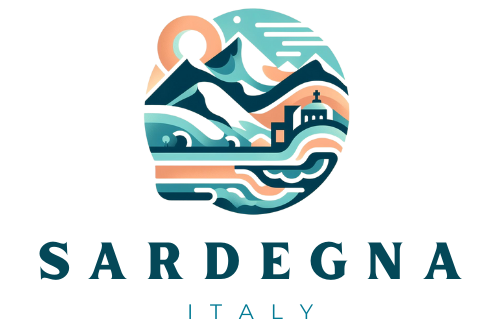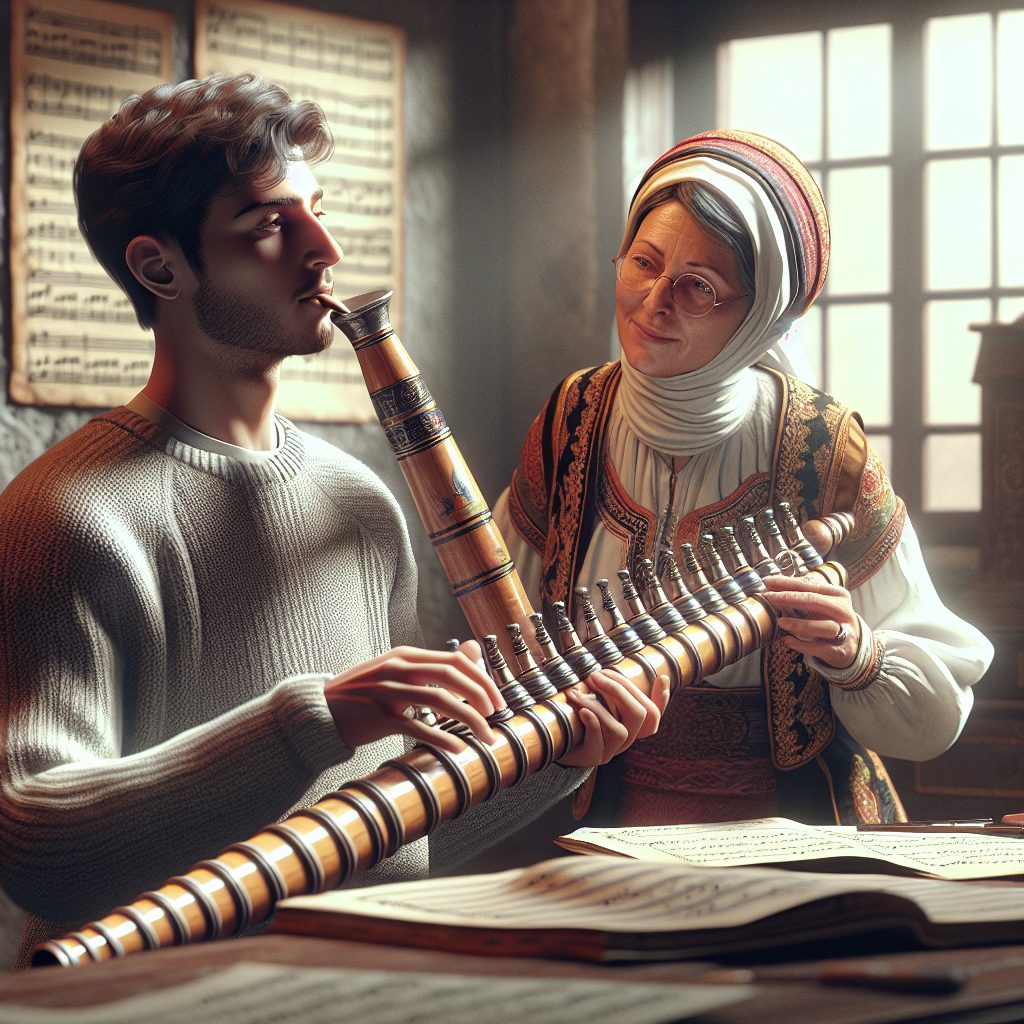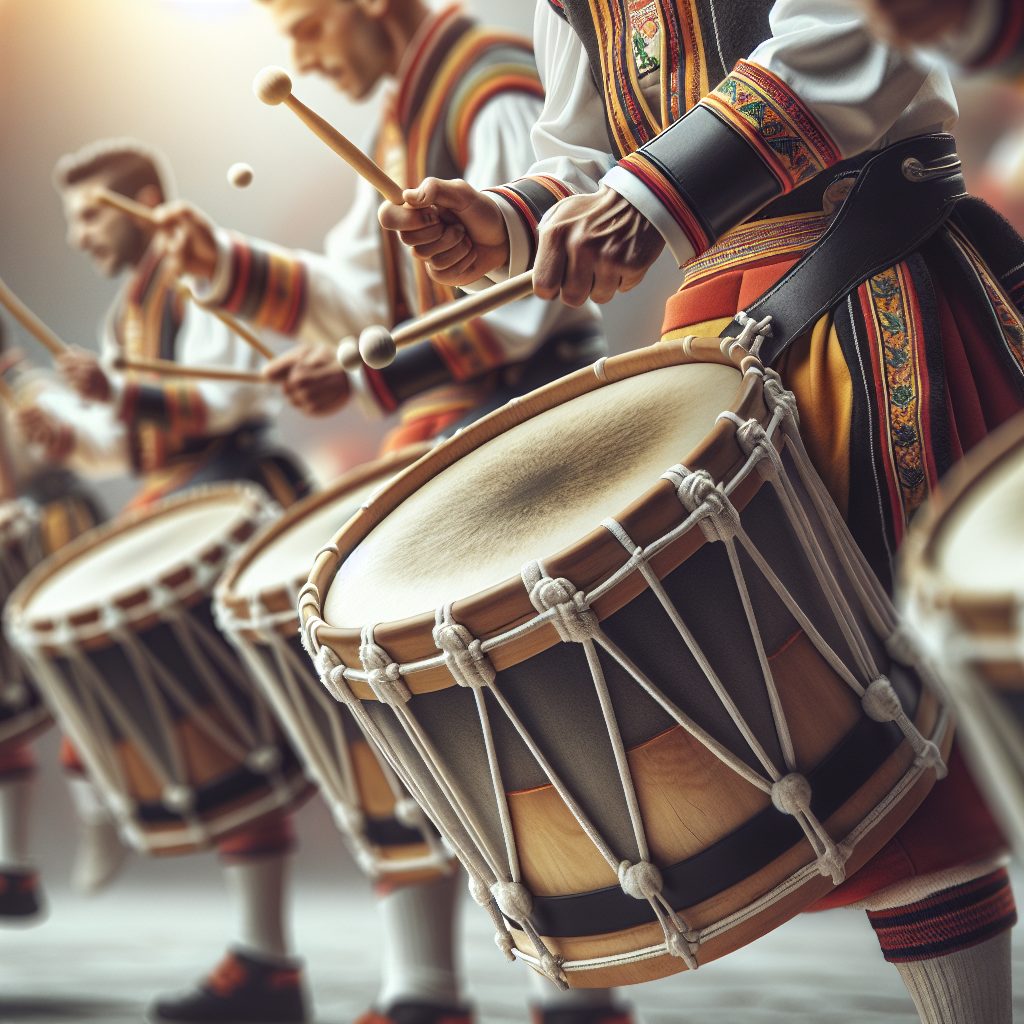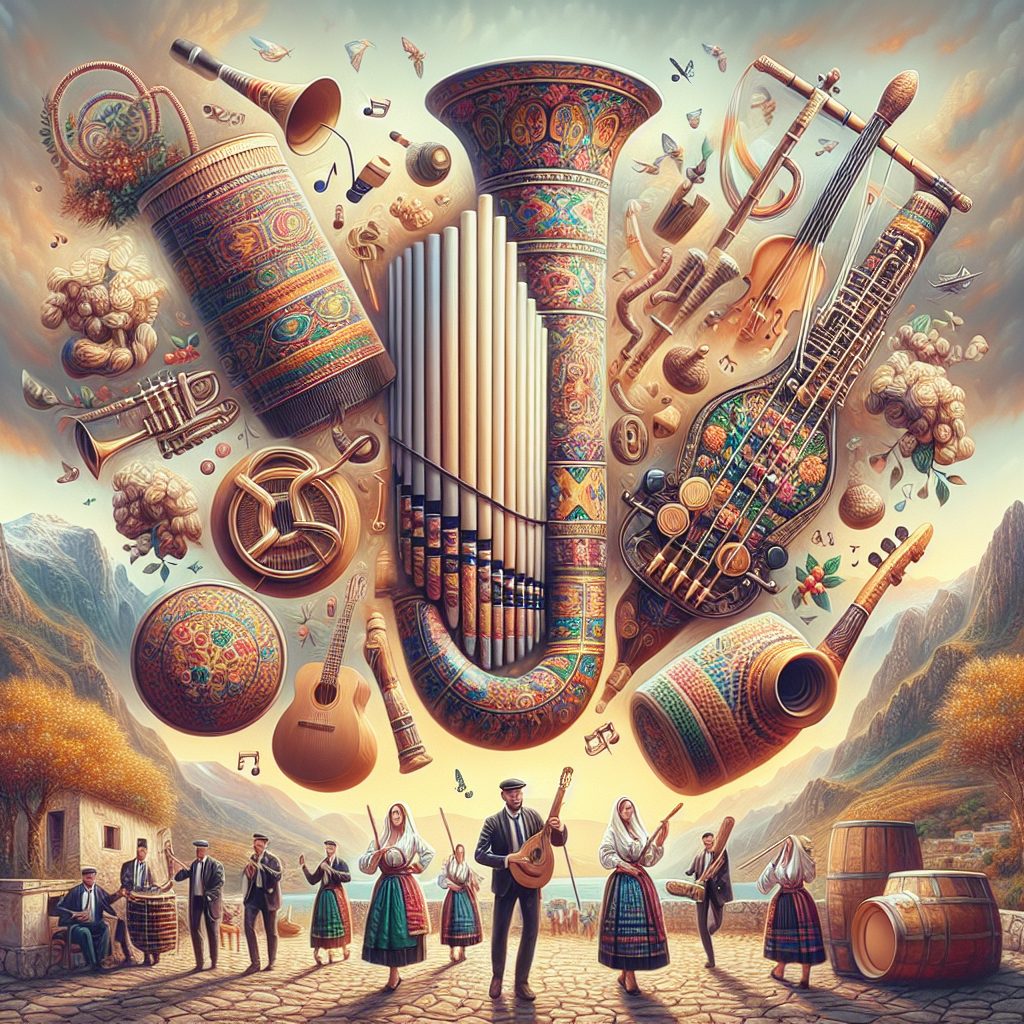Sardegna, an enchanting island nestled in the heart of the Mediterranean Sea, is renowned for its rich cultural heritage and vibrant music scene. Traditional music education in Sardegna has played a pivotal role in preserving and promoting the island’s unique musical traditions. One fascinating fact about Sardegna’s music is that it is deeply rooted in the region’s cultural and historical heritage, reflecting the island’s distinctive identity.
The impact of traditional music education in Sardegna is truly remarkable. By passing down the centuries-old knowledge and skills from one generation to the next, it ensures that Sardegna’s musical traditions are kept alive and thriving. These teachings are often conducted in local communities and schools, allowing children to learn from experienced musicians and master traditional instruments such as the launeddas, a triple-pipe reed instrument. Furthermore, traditional music education in Sardegna fosters a deep appreciation for the island’s cultural heritage while nurturing creativity and self-expression.
Moving forward, let’s delve into the key takeaways of Sardegna’s traditional music education. We will explore the significance of learning through oral transmission, the diverse genres and instruments, and the role of traditional music in community gatherings. Each of these aspects will provide invaluable insights into the unique and enriching experiences offered by traditional music education in Sardegna. Get ready to embark on a journey into the captivating world of Sardegna’s traditional music and discover the magic behind its endurance throughout the centuries.
Key Takeaways
1. Sardegna traditional music education is deeply rooted in the island’s cultural heritage and plays a crucial role in preserving and transmitting traditional Sardinian music to future generations.
2. The traditional music education system in Sardegna is based on a master-apprentice model, where students learn directly from experienced musicians and pass on their knowledge through informal and oral traditions.
3. The study of traditional instruments, such as the launeddas (a unique triple-piped reed instrument), is an integral part of Sardegna’s music education, fostering a strong connection between the students and their cultural heritage.
4. Sardegna’s traditional music education focuses not only on instrumental proficiency but also on vocal techniques and repertoire, encompassing a wide range of traditional songs and styles, including sacred chants, lyrical ballads, and dance music.
5. Beyond technical skills, traditional music education in Sardegna emphasizes the importance of a deep understanding and respect for the cultural and historical context of the music, fostering a sense of identity and pride among the students.
What is the Importance of Sardegna Traditional Music Education?
1. Cultural Preservation through Music Education
Sardegna, an island situated in Italy, boasts a rich tradition of traditional music. The importance of Sardegna traditional music education lies in its role in preserving and promoting the unique cultural heritage of the region. By imparting knowledge about traditional music forms, instruments, and techniques, this education ensures that the rich musical traditions of Sardegna are passed down to future generations.
2. Musical Diversity and Exploration
Sardegna traditional music education allows individuals to explore and appreciate the diverse musical genres and styles that exist within the region. Students delve into the unique characteristics of ancient chants, canto a tenore (a form of polyphonic singing), launeddas (traditional woodwind instruments), and other traditional musical expressions. This exploration broadens horizons and enables a deeper understanding of the cultural and historical context in which the music originates.
3. Skill Development and Mastery
Engaging in Sardegna traditional music education equips individuals with valuable skills in playing traditional instruments, mastering specific vocal techniques, and understanding the intricacies of traditional compositions. Through focused training and practice, students develop technical proficiency, musicality, and an appreciation for the nuances of traditional music. These skills can lead to professional opportunities or personal fulfillment as individuals become proficient in Sardegna traditional music.
4. Community Engagement and Social Bonding
Sardegna traditional music education offers a platform for community engagement and social bonding. By participating in ensemble performances, festivals, and cultural events, students of traditional music build connections within the wider community. The collaborative nature of traditional music encourages teamwork, cooperation, and a sense of shared identity, fostering a stronger sense of belonging and interpersonal relationships.
5. Preservation of Musical Traditions
Traditional music forms are often endangered as modern influences take over. Sardegna traditional music education plays a vital role in preserving these endangered musical traditions. By documenting and teaching ancient songs, melodies, and playing techniques, the education system ensures that the unique musical heritage of Sardegna is protected from being lost or forgotten.
6. Cultural Integration and Global Awareness
Sardegna traditional music education helps integrate cultural diversity within a global context. It facilitates cross-cultural exchange and encourages individuals from diverse backgrounds to appreciate and engage with the rich musical traditions of Sardegna. This exposure to different cultural perspectives fosters global awareness, empathy, and a sense of respect for diverse artistic expressions.
7. Educational Opportunities and Academic Research
Formal education in Sardegna traditional music creates opportunities for academic research and study. Institutions dedicated to traditional music education in Sardegna contribute to the production of scholarly materials, research papers, and books. These educational institutions also offer degrees or certifications that enable individuals to pursue further academic or professional careers in the field of traditional music.
8. Tourism and Cultural Economy
The promotion and education of Sardegna traditional music enhance the region’s tourism and cultural economy. Traditional music festivals, concerts, and performances attract visitors from all over the world who are eager to experience the authentic cultural heritage of Sardegna. The economic benefits associated with these cultural tourism activities can contribute to the sustainability and preservation of traditional music education in the long run.
9. Transfer of Intangible Cultural Heritage
Sardegna traditional music education plays a vital role in the transfer of intangible cultural heritage. By providing a structured learning environment, master-apprentice relationships, and the passing down of oral traditions, this education ensures the intergenerational transmission of knowledge, skills, and cultural values associated with Sardegna’s traditional music.
10. A Source of Personal and Artistic Identity
For individuals who grow up in Sardegna and are immersed in its traditional music, education in this art form becomes a significant source of personal and artistic identity. Learning and performing traditional music helps individuals connect with their cultural roots, foster self-expression, and maintain a sense of pride in their heritage.
Guides and Tips for Sardegna Traditional Music Education:
- How to find reputable traditional music teachers in Sardegna?
- Which traditional music festivals in Sardegna offer educational workshops?
- What resources can be used for self-study and practice of Sardegna traditional music?
- How to connect with local traditional music communities in Sardegna?
- What are some recommended techniques for learning complex vocal styles?
FAQ
What is Sardegna traditional music education?
Sardegna traditional music education refers to the formal and informal learning processes that focus on the traditional music of the Sardinian region of Italy. It encompasses various aspects such as learning traditional instruments, understanding different genres, and preserving cultural heritage.
Why is Sardegna traditional music education important?
Sardegna traditional music education plays a crucial role in preserving the rich cultural heritage of Sardinia. It allows individuals to connect with their roots, understand the history and traditions of their community, and contribute to the continuity of traditional music for future generations.
What are the main instruments used in Sardegna traditional music?
The main instruments used in Sardegna traditional music include the launeddas (a triple-reed woodwind instrument), guitar, accordion, tambourine, and various percussion instruments. Each instrument brings its unique flavor to the music and adds to the overall sound of traditional Sardinian melodies.
How can one learn Sardegna traditional music?
Learning Sardegna traditional music can be done through various means. One can seek formal education through music schools or conservatories that offer specialized courses. Additionally, informal learning opportunities exist through cultural events, workshops, and community gatherings where experienced musicians pass down their knowledge to newcomers.
Are there any specific genres of Sardegna traditional music?
Yes, Sardegna traditional music is composed of various distinctive genres. Some popular genres include cantu a tenore (vocal polyphony), gosos (sacred songs), tìppicas (typical dances), and ballu tundu (a traditional dance). Each genre has its own rhythmic patterns, melodies, and unique characteristics.
Can children learn Sardegna traditional music?
Absolutely! Sardegna traditional music education welcomes individuals of all ages, including children. In fact, introducing children to traditional music at a young age not only helps in preserving the heritage but also contributes to their overall development by fostering creativity, discipline, and cultural awareness.
What are the challenges faced in Sardegna traditional music education?
One of the challenges in Sardegna traditional music education is the limited access to resources and experts, particularly in remote areas. Another challenge is the need to balance the preservation of traditional techniques and styles with the incorporation of contemporary influences to keep the music relevant and appealing to younger generations.
Are there any organizations dedicated to Sardegna traditional music education?
Yes, there are several organizations dedicated to promoting and preserving Sardegna traditional music education. These organizations often organize festivals, workshops, and training programs to create awareness, provide learning opportunities, and support the local traditional music community.
Can Sardegna traditional music education be pursued online?
While online resources related to Sardegna traditional music exist, such as tutorials, recordings, and articles, it is generally more effective to learn this music through hands-on instruction and immersive experiences. However, online platforms can supplement traditional learning methods and serve as additional resources for enthusiasts.
Is it necessary to have a background in music to pursue Sardegna traditional music education?
No, it is not necessary to have a background in music to pursue Sardegna traditional music education. The beauty of this genre lies in its accessibility and inclusivity. It welcomes individuals with diverse backgrounds and provides opportunities for learning and skills development regardless of prior musical knowledge.
FINAL THOUGHTS
Final Thoughts on Sardegna Traditional Music Education
Sardegna traditional music education is not just about learning music; it is about preserving cultural identity, connecting with roots, and fostering a sense of community. Through the rich melodies, rhythms, and unique instruments, this ancient musical tradition carries the essence of Sardinian heritage.
By promoting the continued transmission and appreciation of Sardegna traditional music through formal and informal education, we ensure that future generations can experience and cherish the distinctive cultural expressions of this beautiful Italian region. Let us embrace the excellence of Sardegna’s traditional music and keep its timeless beauty alive for years to come.






